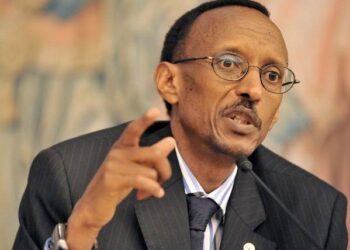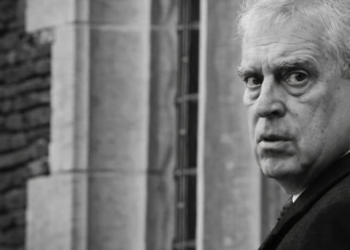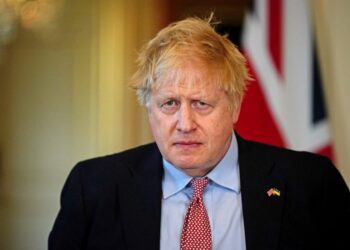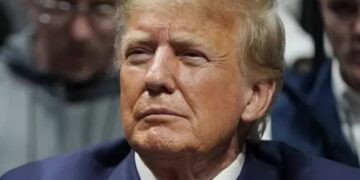Rwanda is set to hold parliamentary and presidential elections on Monday. The incumbent president, Paul Kagame, is widely expected to secure a fourth term in office, continuing his long tenure as the nation’s leader. Kagame has already won three previous presidential elections.
Paul Kagame’s Leadership
Kagame has been Rwanda’s de facto leader since the end of the 1994 genocide and has officially served as president since 2000. Despite facing significant criticism both domestically and internationally, he remains a dominant figure in Rwandan politics, encountering minimal opposition at the polls. This year, he faces only two challengers after several prominent critics were barred from standing.
The Election Context
The current election bears a striking resemblance to the 2017 election, where Kagame won nearly 99 percent of the vote. This year, there is little doubt about a similar outcome. The approved challengers are Frank Habineza, leader of the Democratic Green Party, and independent candidate Philippe Mpayimana, out of eight original applicants.

Opposition and Criticism
Several prominent opposition figures and critics of Kagame’s government have been barred from running. Rwandan courts rejected appeals from opposition figures Bernard Ntaganda and Victoire Ingabire, whose previous convictions disqualified them from the vote. The election commission also barred Diane Rwigara, a high-profile critic of Kagame, citing issues with her paperwork. Critics accuse Kagame’s government of being autocratic, suppressing media and political opposition through arbitrary detentions, killings, and enforced disappearances.
International Perspective
Internationally, Kagame’s government faces accusations of fostering instability in the neighboring Democratic Republic of Congo, with a UN report alleging that Rwandan troops are fighting alongside M23 rebels. Amnesty International has highlighted severe restrictions faced by Rwanda’s opposition, including threats, arbitrary detention, prosecutions, and enforced disappearances.
Polling Day
More than nine million Rwandans are registered to vote across 2,433 polling stations. This year’s elections mark the first time that the presidential and legislative elections are held simultaneously. Polls opened at 7:00 am (0500 GMT) and will close at 3:00 pm (1300 GMT), with partial results expected as counting progresses.
Bottom Line
With Kagame’s stronghold on Rwandan politics and significant barriers to opposition participation, the outcome of Monday’s election appears largely predetermined. Kagame’s tenure, marked by both domestic development and international controversy, seems set to continue.

















